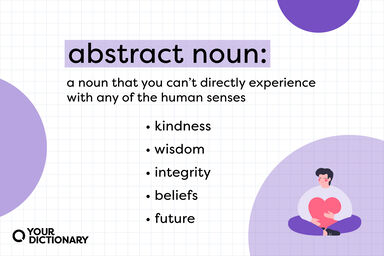Pessimism Definition
pĕsə-mĭzəm
noun
A tendency to stress the negative or unfavorable or to take the gloomiest possible view.
American Heritage
The doctrine or belief that the existing world is the worst possible.
Webster's New World
The doctrine or belief that the evil in life outweighs the good.
Webster's New World
The tendency to expect misfortune or the worst outcome in any circumstances; practice of looking on the dark side of things.
Webster's New World
Synonyms:
- weltschmerz
- melancholia
- despair
- melancholy
- hopelessness
- gloom
- cynicism
- blighted hope
- despondency
- low spirits
- lack of expectation
- nihilism
- doubt
- unhappiness
- malism
Antonyms:
Other Word Forms of Pessimism
Noun
Singular:
pessimismPlural:
pessimismsOrigin of Pessimism
-
From German Pessimismus < Latin pessimus (“worst"), superlative of malus (“bad"); coined by the German philosopher Arthur Schopenhauer in 1819.
From Wiktionary
-
French pessimisme (on the model of optimisme optimism) from Latin pessimus worst ped- in Indo-European roots
From American Heritage Dictionary of the English Language, 5th Edition
Related Articles
Find Similar Words
Find similar words to pessimism using the buttons below.

